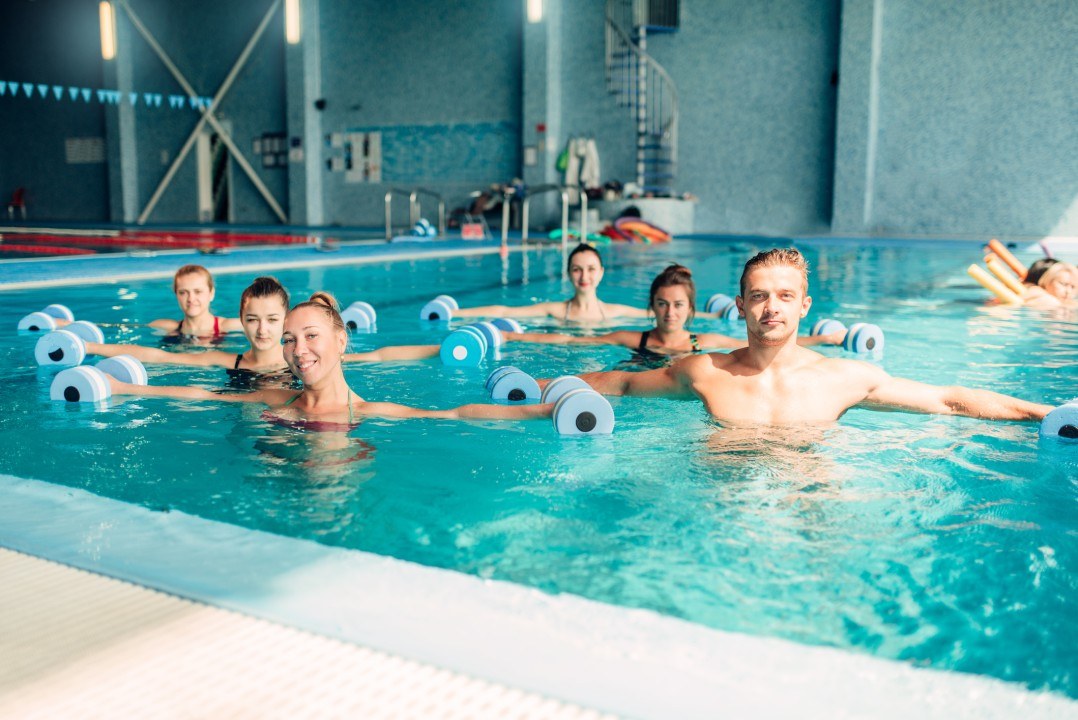
News & Articles

Aqua Fitness Instructor Shortage – Australia wide!
With Aqua Fitness continuing to grow in popularity all over the country, instructor shortage is a significant issue. But not only this, the development of ‘quality’ Aqua Instructors is a greater issue still.
Several overlapping factors play into this problem -:
Irregular hours
Often Aqua classes have been ‘squeezed’ into programs wherever there’s a spare 45-minutes. An instructor then must travel to and from the facility for a single 45-minute class – for many, it simply isn’t worth it! Therefore, it’s essential that we carefully consider programming to better address this issue.
Multi-skilling staff is another way to manage instructor shortages better. Having Swimming Instructors or Pool Lifeguards that can also instruct Aqua Classes is a great solution – they are often already on-site, so it is a win-win for employee and the facility. If a facility can either cover or subsidise a portion of the training costs to up-skill an existing team member, this might also encourage staff to consider adding this string to their bow.
Inadequate pay
Aqua Fitness Instructors are fitness professionals and should be paid accordingly. A quality instructor will see participant numbers rise and be retained. Let’s not be mistaken…the instructor is the number one reason people continue to attend and then also market your classes (telling their friends). The amount paid to the instructor reflects what value is placed on them.
Perception
Aqua fitness has, over the years, been perceived as being for the oldies! However, with the introduction of innovative equipment choices and athletes recognising and sharing the value of aquatic cross-training on social media, instructors now have a greater variety of class types that they can teach – Aqua Strength and Acquapole, to name a few.
Being innovative with the aqua fitness program will attract a broader demographic of users and attract a wider demographic of instructors.
Unclear training requirements and the importance of ‘quality’ mentorship
This box is now ticked – a quality skillset has been compiled - https://www.linkedin.com/feed/update/urn:li:activity:6912947269696720896/
With respect to mentorship, this aspect of the training process is enormously important. Once the foundations have been laid (by either face-to-face or online learning of the underpinning theory) the influence, guidance and direction given by someone who has experience in the field is paramount. A mentor influences the professional growth of a mentee and assists in preparing them for the challenge of instructing a ‘quality’ class independently.